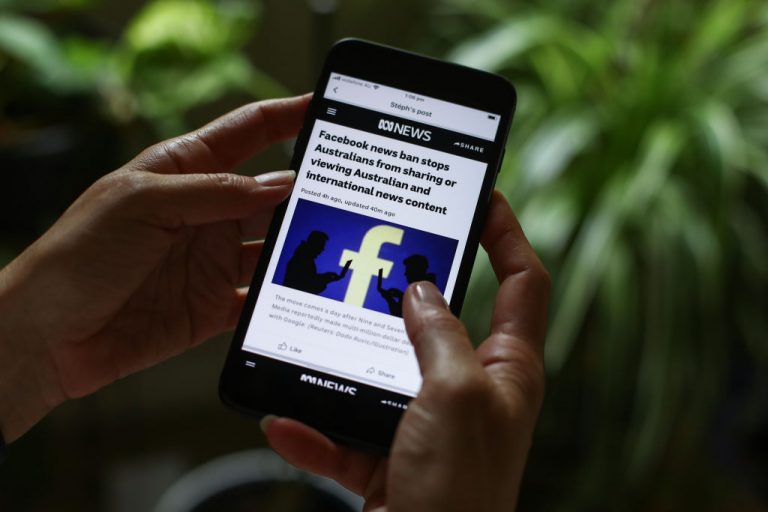On Sept. 8, a court ruling by Australia’s High Court determined that media companies and other account holders are legally responsible for any comments on posts made by users. This includes Facebook posts made by media companies, despite Facebook enjoying a legal grey area of conduct.
The court ruling
According to the High Court, essentially the U.S. Supreme Court’s Australian counterpart, the media outlets had “facilitated, encouraged and thereby assisted” comments made by “third-party Facebook users,” effectively making them the publishers of said comments.
Appeals made by media organizations News Corp Australia, Nine Entertainment, and Fairfax Media to the High Court were rejected. The companies were held liable for malicious content found in their articles or posts.
“We are obviously disappointed with the outcome,” a Nine Entertainment spokesperson said. “It will have ramifications for what we can post on social media in the future.”
Executive chairman of News Corp Australia, Michael Miller, said, “This highlights the need for urgent legislative reform and I call on Australia’s attorneys general to address this anomaly and bring Australian law into line with comparable Western democracies.”
Success
You are now signed up for our newsletter
Success
Check your email to complete sign up
The ruling has not only limited news websites’ ability to allow free commenting from users but also affects account owners who have made their own Facebook pages.
Dylan Voller
The case that arguably sparked the ruling originated from the Australian Broadcasting Corporation (ABC)’s investigative TV show Four Corners, which aired an episode of the juvenile detention system and revealed harsh abuses by authorities working there.
The show introduced Dylan Voller, a young inmate brought to the Don Dale Youth Detention Centre for multiple offences, to the public. The story of Voller’s harrowing experience in juvenile detention brought attention to the country’s prison system and naturally became a prime story for news organizations to post on Facebook.
However, several negative comments were made by users against Voller, and he blamed news sites such as The Sydney Morning Herald, The Australian, and Sky News Australia for allowing the comments to be posted. Voller’s lawyers argued that the organizations should be responsible for whatever was published under their content.
Free speech at risk
The ruling prompted a human rights lawyer to state that the “erosion of press freedom and free speech” must be stopped in Australia.
Independent senator Rex Patrick proposed changes to the constitution that included stronger protections for freedom of speech and press, which are under consideration by a Senate committee.
In light of national security laws that have limited freedoms and troubled journalists and whistleblowers for years, Australia has had its position in the World Press Freedom Index fall six places down to 25th, just below Namibia, Samoa, and Latvia, senior lawyer Kieran Pender stated.
According to a Facebook spokesperson, the company has altered its comment moderation policy by introducing a feature that allows media companies to turn off comment sections on their pages. While this protects companies from court allegations, it also makes promoting their articles and earning advertising revenue more difficult.
















